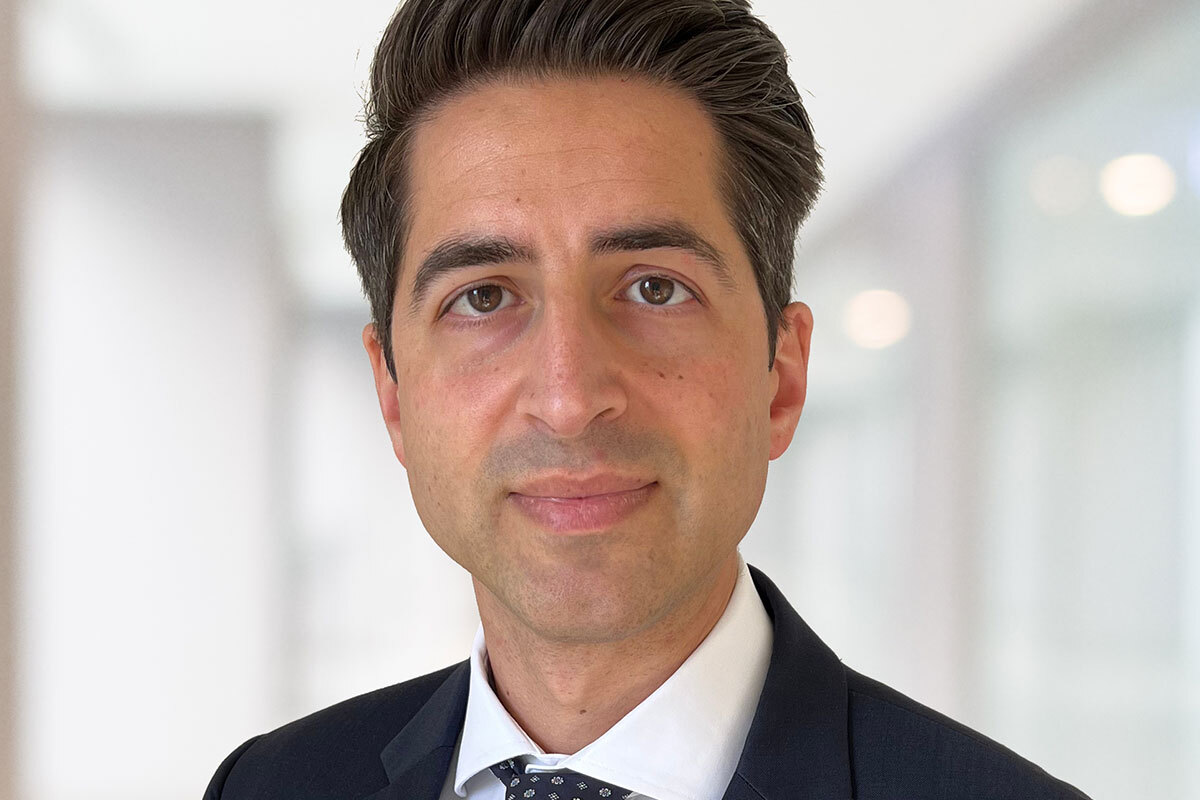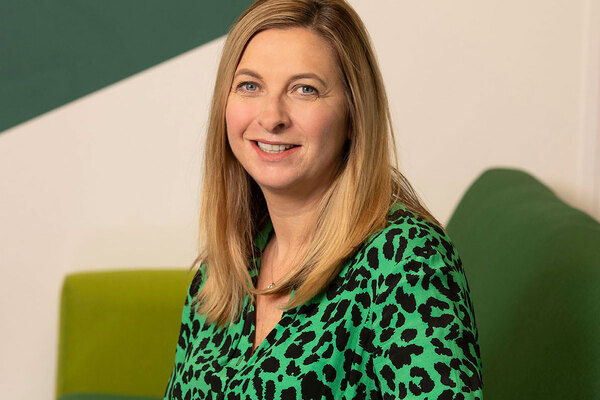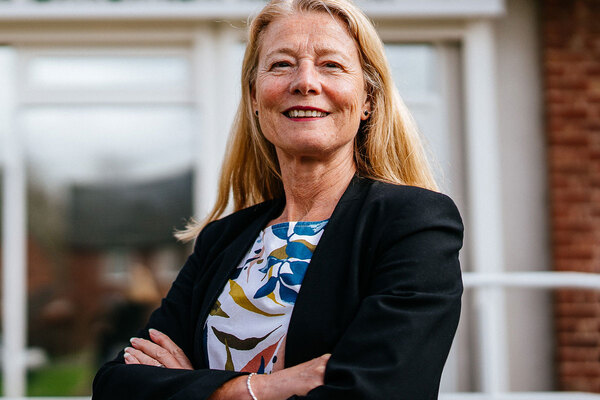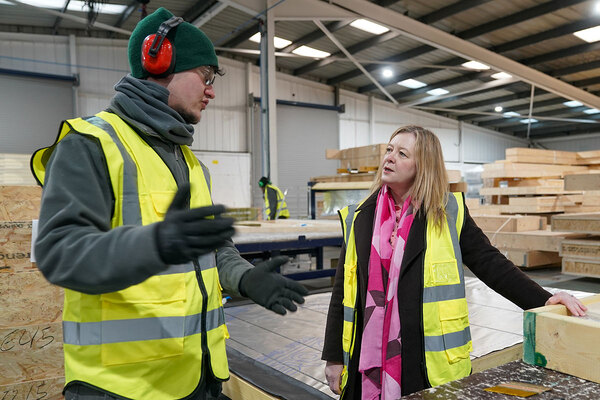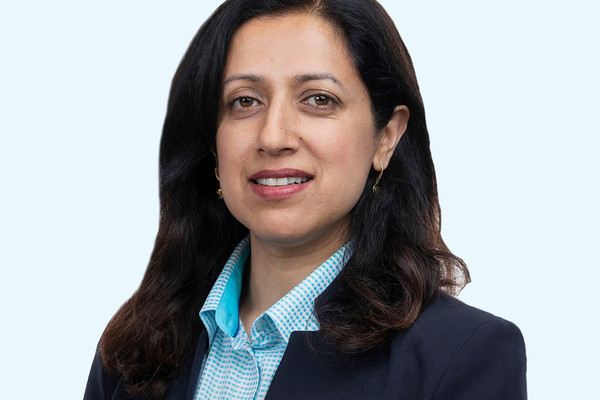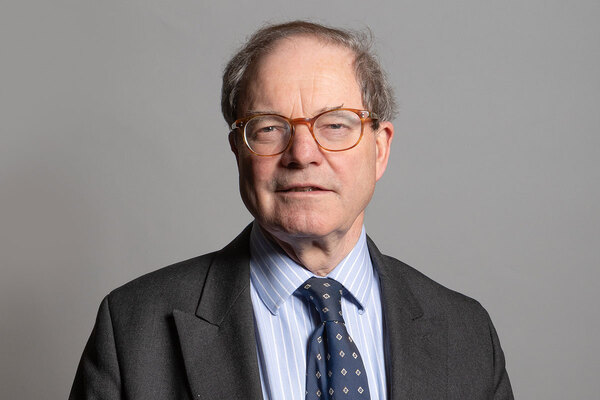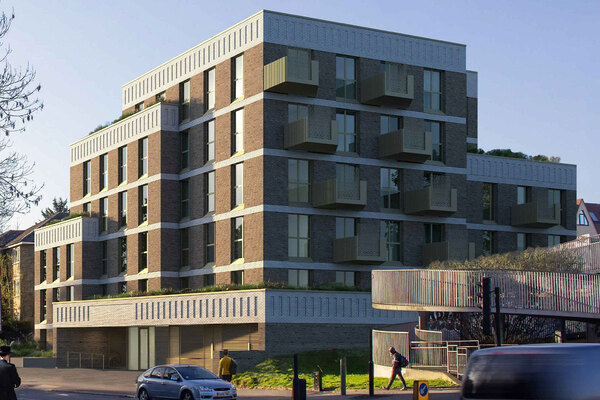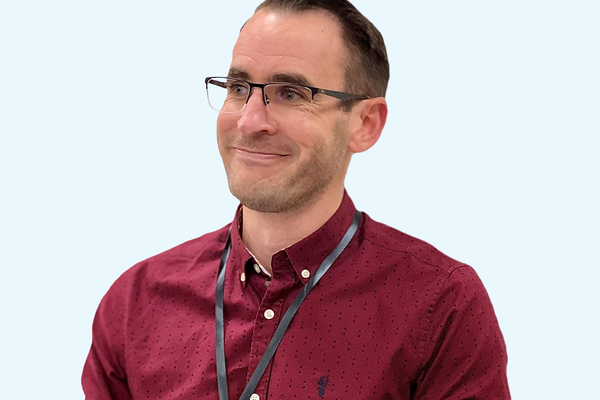You are viewing 1 of your 1 free articles
15 minutes with… Mike Figg, head of social housing at Barclays
Mike Figg became head of social housing at major lender Barclays in July, leading a team that delivered over £1bn in financing to the sector last year. He tells Jenny Messenger about his priorities for social housing
How did you start your career?
I started my banking career nearly 20 years ago in structured finance. It was very transaction focused, and while that was a great grounding, I wanted to do something more relationship-driven.
I moved into coverage banking because, by working with clients year on year, you can really see the impact you have as a bank manager, as you help them grow and meet their own agendas.
I ended up, one way or another, on frontline coverage banking for nearly 15 years, the last six of which were leadership roles within real estate at HSBC. That was focused on the broader residential built environment. I covered social housing, traditional house builders, build-to-rent, student accommodation – if you slept in it and it wasn’t a hotel, then we were doing it.
What prompted your move to Barclays?
When I had the opportunity to move over to Barclays to run the social housing team, it was a very natural step, because I’d been doing a lot of social housing already. It was a chance to pick up a really well-established, strong franchise from Dave Cassidy, my predecessor.
What are your top priorities for the role?
The number-one priority is to maintain the relationship-driven approach. Barclays has built up a very important franchise, with over 200 clients and seven relationship directors just looking after social housing spread throughout the country. The most important thing in my mind is to maintain that and to continue to provide great support to those clients.
Barclays delivered over £1bn of new limits into the sector last year, expanding our commitments to social housing providers to £11bn. With the recent launch of the £500m National Wealth Fund-supported retrofit proposition, we hope to make significant further commitments in 2025.
How much of a priority will sustainability-linked loans (SLLs) be?
I think it’s an important part of the funding mix for social housing to be able to do SLLs. At the end of the day, it’s about talking to clients to see what works for them and whether they want to have an SLL or not. We can do it either way.
Barclays has restructured its business so that social housing is within the bank’s broader real estate business. What impact will this have?
Because of the challenges that social housing has at the moment – whether that’s decarbonisation, fire and safety, development – there’s a real need to find a balance for how social housing providers can meet all of these competing demands. That’s where I think banks, other funders and other bodies will need to work quite closely together to come up with solutions.
Being part of the wider real estate business of Barclays will help that, because we can convene our social housing clients and our house-builder clients and start having good conversations around things like off-balance-sheet joint ventures and how we can support that. We want to help social housing providers do what they want to do, which is look after their existing tenants and, for most, build new properties.
Social housing is far further along the curve in terms of decarbonisation and Energy Performance Certificate ratings. I think there’s a lot that private house builders can learn from social housing, given the experiences they’ve had to date.
How does the bank help social housing providers speak to other parts of the sector?
You want people to talk to each other, so they can really understand their viewpoints. Barclays has an ability to convene those sorts of discussions, given that we have a large, successful social housing business and a large, successful traditional housing business.
We’ve done a handful of joint ventures already between social housing providers and traditional house builders in terms of funding that. It’s something I would like to do more of, both strategically for Barclays, but also looking at what social housing clients need at the moment.
What do you think should be the key focus for social housing over the next year?
I think social housing providers, government, local government, banks and other financial institutions can work together to create ideas and drive solutions, because no one party can solve this. You can’t solve it just through government. You can’t solve it just through a bank lending more money. We all really do need to talk and work together, and that will be really important over the next 12 to 18 months.
‘15 minutes with…’ series
In our ‘15 minutes with…’ series, we have a quick chat with the biggest names in the sector about the most important issues.
Previously, we have featured:
Mushtaq Khan, chief executive of the Housing Diversity Network
Barbara Brownlee, chief executive of Soho Housing
Eddie Hughes, former minister for rough sleeping and housing
Geeta Nanda, chief executive of Metropolitan Thames Valley Housing
David Bogle, chair of Homes for Cathy
Laurence Carr, money coach at Yorkshire Housing
Dinah Roake, chair of the London Housing Panel
Sheron Carter, chief executive at Hexagon
Helen Spencer, executive director of growth at Great Places
Julie Wittich, executive director of assets and sustainability at Accent
Ian Mulheirn, executive director of policy at the Tony Blair Institute for Global Change
Kevin Ruth, chief executive of Together Housing
Piers Williamson, chief executive of The Housing Finance Corporation
Seyi Obakin, chief executive at Centrepoint
Fayann Simpson, senior independent director at L&Q
Mark Perry, chief executive at Vivid
Rose Bean, executive director of assets and sustainability at Abri
Ruth Cooke, chief executive at GreenSquareAccord
Ben Denton, managing director at L&G Affordable Homes
Simon Dudley, chair at Ebbsfleet Development Corporation
Emma Palmer, chief executive at Eastlight Community Homes
Tracy Harrison, chief executive at Northern Housing Consortium
